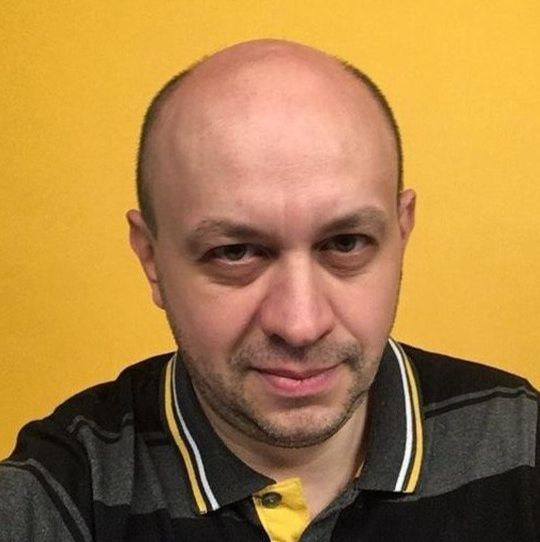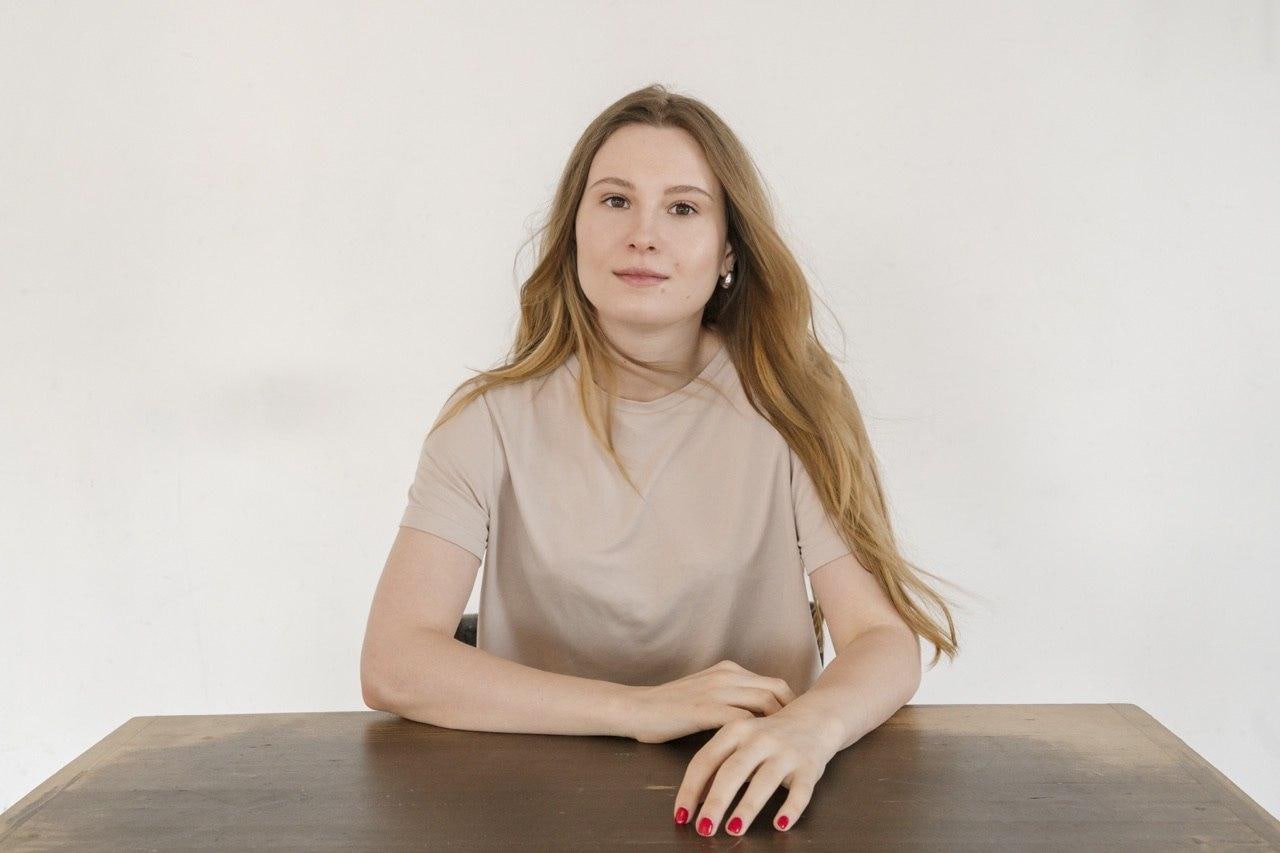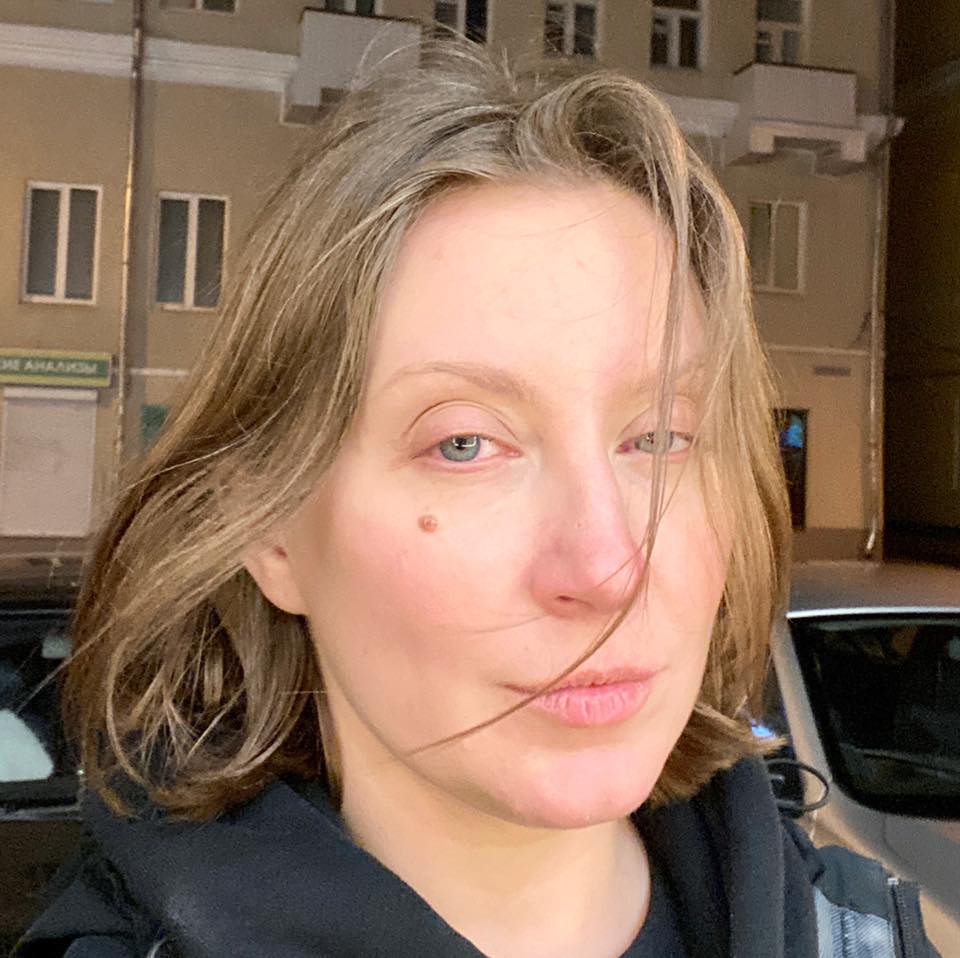A few days after the invasion of Ukraine the Russian government introduced unofficial military censorship and blocked almost all independent media. According to the law enacted on 4th of March, spreading fake information about Russian military forces and actions of any other government branches is considered a criminal offense punishable by up to 15 years in prison. The media is prohibited to use the word “war” — the prescribed term is “special operation”. As a result, some media are forced to suspend all work, while others continue publishing materials under government blocking and educating their readers how to use VPN.
We spoke to a few Russian media companies that experienced military censorship first hand. Editors-in-chief from The Village, Mediazona, Meduza, paperpaper.ru and TV Rain channel (Dozhd) correspondent shared with us how their jobs changed since the 24th of February, what is going on with monetization and donations from their readers and why it is so important to continue working despite everything.

Sergey Smirnov
Editor-in-chief of Mediazona, a media company covering the relationship between an individual and the State, criminal investigations and court trials. In 2020 Mediazona was blocked in Belarus over reporting the protests against Alexander Lukashenko. In December 2021, the Russian government included Mediazona in the “Foreign agent media” registry. On 6th of March, the company was blocked for reporting on the military conflict in Ukraine. We spoke to Sergey on March 25th.
– The worst thing, in my opinion, is to face something very negative out—of—nowhere. That’s why, while still in Russia, we were preparing for the worst case scenario. Currently, almost all of our team is located outside the country. We had an evacuation plan for sometime. We even came up with some requirements for our employees: they had to maintain two Russian passports (for international travel), vaccination certificates for their pets and open Schengen visas.
I relocated without my family. They stayed in Moscow, since my second son was just born and, of course, he doesn’t have a passport yet. That’s a problem. But I’m hoping they’ll join me soon.
We continue working. Looking to restructure our readers’ donation system — we lost all donations because Russian credit and debit cards got blocked. It’s a big issue, even though we anticipated it. Same time I understand that other media found themselves in worse circumstances. We don’t have ads, contracts, no direct dependency on the number of views on our website. It’s easier for us.
All the pressure and persecution aim at forcing us to either disappear, close or fire our employees. As I see it, the right thing to do is to keep the entire team and find a new way to carry on as a company. In the next half a year it’s vital that we try to progress, not stalemate. Our government does all in its power to make sure everyone in Russia degrades, gets fired, falls into depression or apathy. Let’s not roll over. That’s how I feel and I hope my team does as well.

Maria Borzunova
Special correspondent for the independent TV Rain channel (Dozhd). The channel was forced to suspend all business in March 2022 — after 12 years on the air. Recently Maria launched her blog on the Substack platform. We spoke to Maria on March 30th.
– I came to Dozhd in 2014. I’ve started out covering court trials, then moved on to large—scale special reports, and worked at protests in Russia and in Belarus after the presidential election in 2020. I also anchored “Fake News” program focusing on the Russian propaganda.
We got used to the pressure after 2014, that’s when we faced it first. Our channel was taken off cable broadcasting. At some point we had to broadcast from ordinary apartments. We could move the entire studio overnight and build it at a new spot. In 2020 we got registered as “foreign agents”. Dozhd has seen many things throughout its history. Threat of being shut down became the norm. We felt like we would be able to adapt to any circumstances: we got through the shut down of cable broadcasting and “foreign agency” status. It all changed on the 24th of February. It became clear that we’re done, everyone’s done. When Dozhd got blocked, I was in the studio — we had our evening news program. It felt like something broke inside of me.
The new “fake” law aims directly at the journalists, because the Russian government considers fake every opinion different from theirs. We understood that we simply wouldn’t be able to call things by their name. While some internet media companies were able to restructure after being blocked, relocate and continue working, we’re facing more complications. We are a TV channel, we need a studio, equipment etc. Summing up, many of my colleagues moved away. First — was the paralysis: who are we, where are we, what’s next. I still don’t have an answer for that last one, but I’m sure that we’ll get through this and Dozhd will be back.
It’s really difficult to talk about the future right now, but I really miss home. Russia is my home. I want to live in Russia, work in Russia and do everything in my power to make my country better. I’m confident that’s exactly what will happen.

Ivan Kolpakov
Meduza editor-in-chief. In 2021 the Russian government registered the company as “foreign agent”. Soon after losing all ad revenue, the editorial restructured their income to readers’ donations. In 2022 Meduza website was blocked in Russia for reporting on the war in Ukraine.
– The biggest but, probably, not the most obvious consequence of government pressure is Meduza’s complete transformation from a business to a social institute. It was the readers who showed that they want and need our work. It was them who made sure Meduza would survive despite the odds.
Meduza is a large company if you count our audience, but quite compact when it comes to the number of employees. We’ve never worked 24/7 because we never had the resources — yet, since the war started we report practically non—stop.
Unfortunately, as many other companies, Meduza had to move our team from Russia because we were afraid for their freedom and safety. Each employee relocation is a unique story and almost every case has its own sad and complicated circumstances. But we haven’t stopped working even for a minute. Our entire team switched to reporting about the war.
My own life got completely sidelined by the editorial, but I consider it a blessing. Plus we’re doing something important for the people. And this importance hasn’t devalued throughout the war — on the contrary, it increased. Having said that, we are truly in a better position than many: we have our jobs, we have more work than ever and our main goal is to do it well.
I don’t believe that we’ll be able to return to Russia anytime soon. I think the situation will remain bad, and for a pretty long time. I try my best to focus on my responsibilities and what I consider truly important. Keep my head up. Get up from my bed every day and do something. Help those you can. Look at the war with the eyes of the people who are in Ukraine right now — or those who had to escape.

Tatyana Ivanova
Editor-in-chief of paperpaper.ru, an independent media about life in St. Petersburg and its citizens. In March paperpaper.ru was blocked by the Russian government for reporting on the war in Ukraine.
– Pressure from the federal government is something new for paperpaper.ru. For 10 years we haven’t experienced anything like it, not even from local authorities, besides those constraints of freedom of speech that all our colleagues had to deal with (journalist arrests at protests, closed court trials, press service refusals etc.). On the 24th it became obvious that every media company will be persecuted no matter what.
Our website was blocked on the 12th of March (and then it got blocked again, as well as the mirror and our Vkontakte social media page). But we’ve been building paperpaper.ru for so long, against so many odds, that we can’t surrender now. Especially since we have a way to keep afloat: in the past two years we’ve been able to create a community of our readers whose donations are saving us right now. 60% of payments we receive are recurrent — that’s a very good indicator.
We were always a business: made our money from ads and events. With our website blocked, those revenue streams are almost impossible to maintain. That’s why we launched Paper advertising agency — we’ll try to continue with our work but now through other websites.
We’ve recently launched our news app in which we duplicate our published content. It’s different from PaperApp where people and experts post their tips about cities around the world.
Independent journalism in Russia is already underground. Journalists that abide by the quality standards of the profession and remember that there are two sides in each conflict are now considered criminals. It’s up to us, colleagues and readers, to support each other and find strength to do something important. Looks like our mutual support is the last thing left.

Tanya Simakova
Editor-in-chief of urban lifestyle media The Village. The Village website and their Vkontakte social media page were blocked in Russia for reporting on Moscow protests. We spoke with Tatyana on March 25th.
We didn’t expect [to be blocked] to be honest. At first we didn’t even understand that we got blocked — our team works using VPN. We only got it when our readers started messaging us. We’ve never received any notices, nothing. And then, precisely 5 minutes after we got blocked, RIA News published an article that is impossible to write in 5 minutes by the way, accusing us of publishing “fake” news about Ukraine. This accusation is absurd: The Village is, first and foremost, a lifestyle website about Moscow and other cities. We haven’t reported on the conflict in Ukraine.
Right now most of our team relocated from Russia. I haven’t planned to leave until the last moment. Why? Many reasons but mainly because I love Moscow and my friends who live there. Our website getting blocked was the decisive moment for me; and a day later, the government passed the “fake” law. I understood that right this moment I might be facing up to 15 years in prison. That day we packed and left.
About 80% of our advertising clients left the Russian market. Our main partners were mostly large, known international brands like Adidas, Uniqlo. It’s tough. We still have some money left over from last year — which was a good year for us financially, so we carry on. We definitely are not closing and will soon announce our future plans.
I gave too much to this job. For the 5 years that I’ve run The Village we had many media scandals, persecution from government media, journalists getting arrested at the protests. And then — the pandemic. We had to constantly adapt and restructure our work.
Oksana Baulina was recently killed in Kiev (according to one of the versions, The Insider journalist was killed in a mortar attack — paperpaper.ru). My colleagues from The Village Ukraine are still there, it’s really hard. It takes a huge toll to be in touch with them, understanding that anything could happen to them at any moment.
Liked the article? Tell your friends on Facebook
